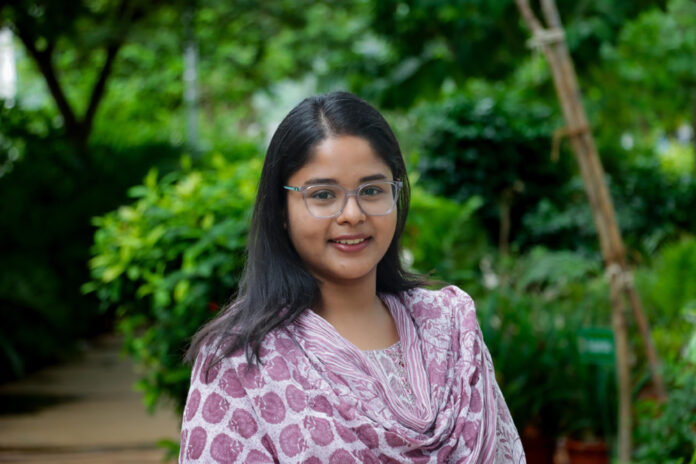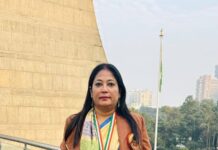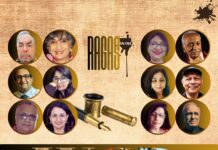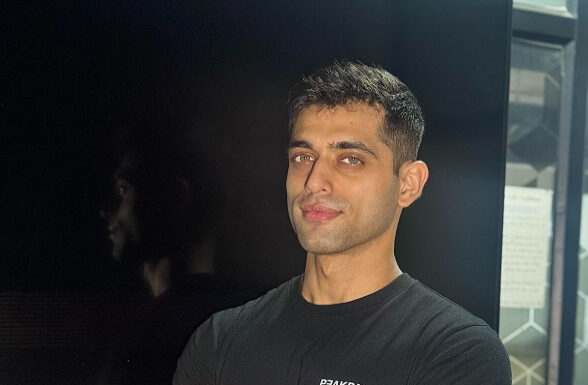By – Dr. Diksha Beniwal-Assistant Professor, Department of Literature and Languages, SRM University -AP & Executive Committee Member, Amaravati Literature Fest 2025)
“Stories bring us together,untold stories keep us apart”
—Elif Shafak
Storytelling is not only ancient but deeply rooted in the core of human values of survival, community building and healing. Stories are how we preserve memory, immortalize a being, and freeze a moment in time to be recollected, shared, and felt. After all, who are we but a collection of stories full of people and incidents spread across time? It shapes our identity and helps us confront not only our truth, but the wisdom and ordeal behind it. Contemporary research, like the article “The Power of Storytelling to Transform Mental Health in the Field of Neglected Tropical Diseases” (2025) showcases the significance of storytelling in societies like ours, where narratives hold the power to grant one agency and dignity. When regional and marginalized voices are heard, it changes the way they are seen, by themselves and the community. Collective narratives like African American Literature, or regional Indian folklore hold the power to transform shame into pride and strength.
Amaravati Literature Festival (22-24 October 2025), organized by the Department of Literature and Languages at SRM University-AP, is poised to be a platform for the regional voices of India to shine, giving life to the tagline of ‘kotanagaram, kotaswaralu’, meaning new city, new voices. As the new city of Amaravati is being born, it stands on the tall pillars of rich regional history and literature of the Deccan. It is not only a celebration of timeless literature and art from the region, but of the voices that give new definition to what we understand of these terms. The festival shall cheer on for the mix of Telugu folklore and contemporary artforms from different parts of India, including digital storytelling or graphic narratives.
The air is thick with stories, though sometimes we forget. In neighborhood teashops, in crowded public spaces like the bus, or the train, in whispered voices or screams around evening lamps, narratives drift through the very fabric of everyday life, narratives of despair, hope, loss, gain, and small miracles. Even when the walls of division and the propaganda of solitude stand high around us, stories that are told and heard remind us that we are never truly alone. The Burra Katha tradition, for instance, is known for its traditional style of combining music, drama, and narration, to teach through myth the morals and values of the community. Such forms are being revived in the modern times as they sing of the everyday human struggles of displacement and survival above discrimination. Telling sessions like Itihaas Ke Pannon Se or ‘From the Pages of History’ that involve performances and dance tell the stories of forgotten freedom fighters, local resistance and unsung lives. We carry forward and dream to magnify the effect of such local, small but effective and powerful gestures to familiarize ourselves and the new generation of learners with the power of this land and its inhabitants.
On a cool October morning in Amaravati, you may find yourself listening to a young Telugu poet under a Palmyra Tree. Nearby, another short story is being read from the notebook of a young girl, someone else listens quietly and contently, as the stories of family, community, history, displacement, and development are told. Such scenes, as one will witness in the Amaravati Literature Festival, of people bridging divides simply by speaking and listening are more than poetic, they are essential in the current times to bind us together into the new community of Amaravati. Penugonda Lakshminarayana’s Deepika Abhyudaya Vysa Samputi, that also won him the Sahitya Akademi Award (Telugu) in 2024, highlight such significance and the necessity of solidarity and having a cultural policy for poets and authors to unite under a literary movement. Carrying forward this legacy of compiling, celebrating, and uniting without the risk of assimilating or appropriating heterogenous voices, the literature festival aims to sing of the diversity that makes India a global superpower.
A festival alone that undertakes this mammoth task of carving out the new city in the new voices of the region is powerful enough to mark a watershed moment in the modern history of the Deccan. But what follows matters equally with the archiving of stories, discussions, lively debates on the topics of contemporary socio-cultural relevance, and follow ups with local education centers as participants. When we listen., we affirm another’s truth and that is what builds community, as we practice empathy and soften the hard edges of our ego to open up space for understanding. A festival that embraces story in all its forms and glory does more than celebrate literature, it becomes a place of healing, a place where strangers can become neighbours, where voices long silenced get heard. Amaravati Literature Festival can become one such place: October in Amaravati could become October for many people’s voices, many people’s healings. Come, bring a story, listen, let there be new voices that bind rather than divide.





















